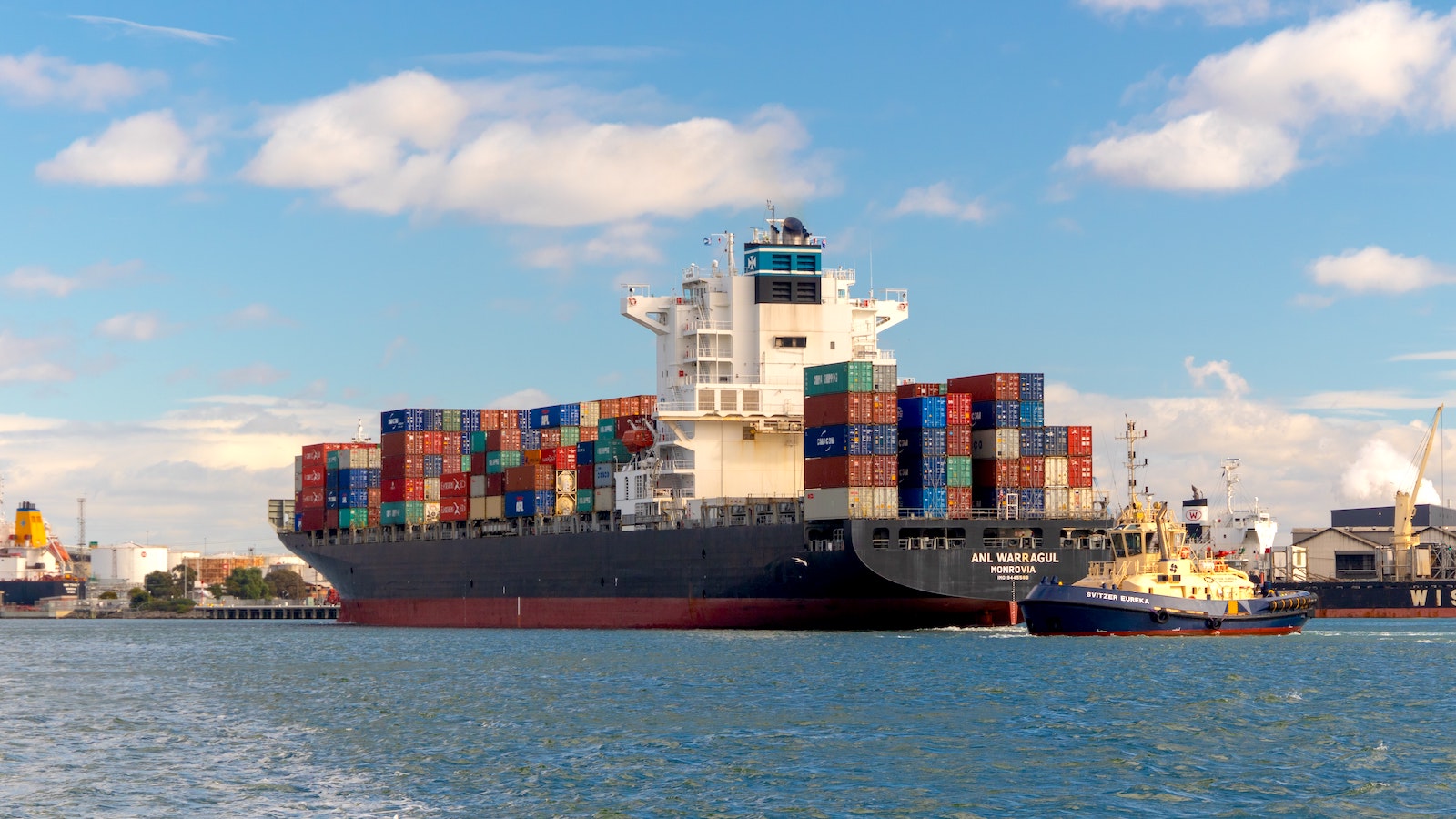Shipping goods to the United Kingdom involves a series of processes and considerations that go beyond simply sending a package. Whether you’re a business owner looking to expand your market or an individual sending a gift to a friend across the pond, understanding the intricacies of shipping to the UK is crucial. In this comprehensive guide, we’ll explore the key aspects of shipping to UK, including customs regulations, shipping methods, and important considerations for a seamless delivery experience.
Understanding Customs Regulations
One of the most crucial aspects of shipping to the UK is navigating the customs regulations. The UK, now independent from the European Union, has its own set of customs rules and duties. When shipping goods, it’s essential to provide accurate and detailed customs documentation. This includes a commercial invoice, a packing list, and, in some cases, certificates of origin or compliance.
Additionally, it’s important to be aware of any restricted or prohibited items. The UK has strict regulations regarding the import of certain goods, such as firearms, narcotics, and certain types of food products. Ensuring your shipment complies with these regulations is essential to prevent delays and ensure a smooth customs clearance process.
Choosing the Right Shipping Method
Selecting the appropriate shipping method is crucial for a timely and cost-effective delivery. The choice of shipping method depends on factors such as the size and weight of the package, the urgency of delivery, and your budget. Common shipping methods to the UK include:
Standard International Shipping
This is a cost-effective option suitable for non-urgent shipments with a longer delivery time.
Express Shipping
If time is of the essence, express shipping services offer faster delivery, often within a few days, but at a higher cost.
Freight Shipping
For larger shipments or commercial goods, freight shipping may be the most suitable option. It involves the use of cargo containers and is ideal for bulk shipments.
Considerations for a Smooth Delivery
To ensure a smooth shipping experience, consider the following tips:
Accurate Address Information
Double-check the recipient’s address to avoid delivery issues.
Insurance Coverage
Depending on the value of the goods, consider purchasing shipping insurance to protect against loss or damage during transit.
Tracking Services
Choose a shipping method that provides tracking services, allowing you and the recipient to monitor the progress of the shipment.
Incoterms
If you’re involved in international trade, understanding Incoterms (International Commercial Terms) is essential. These terms define the responsibilities and liabilities of the buyer and seller during the shipping process.
Conclusion
Shipping to the UK involves careful planning and adherence to customs regulations. By understanding the intricacies of the process, choosing the right shipping method, and considering important factors for a smooth delivery, you can ensure that your goods reach their destination in a timely and efficient manner. Whether you’re a business expanding your market or an individual sending a personal package, a well-executed shipping strategy is key to a successful delivery experience.

